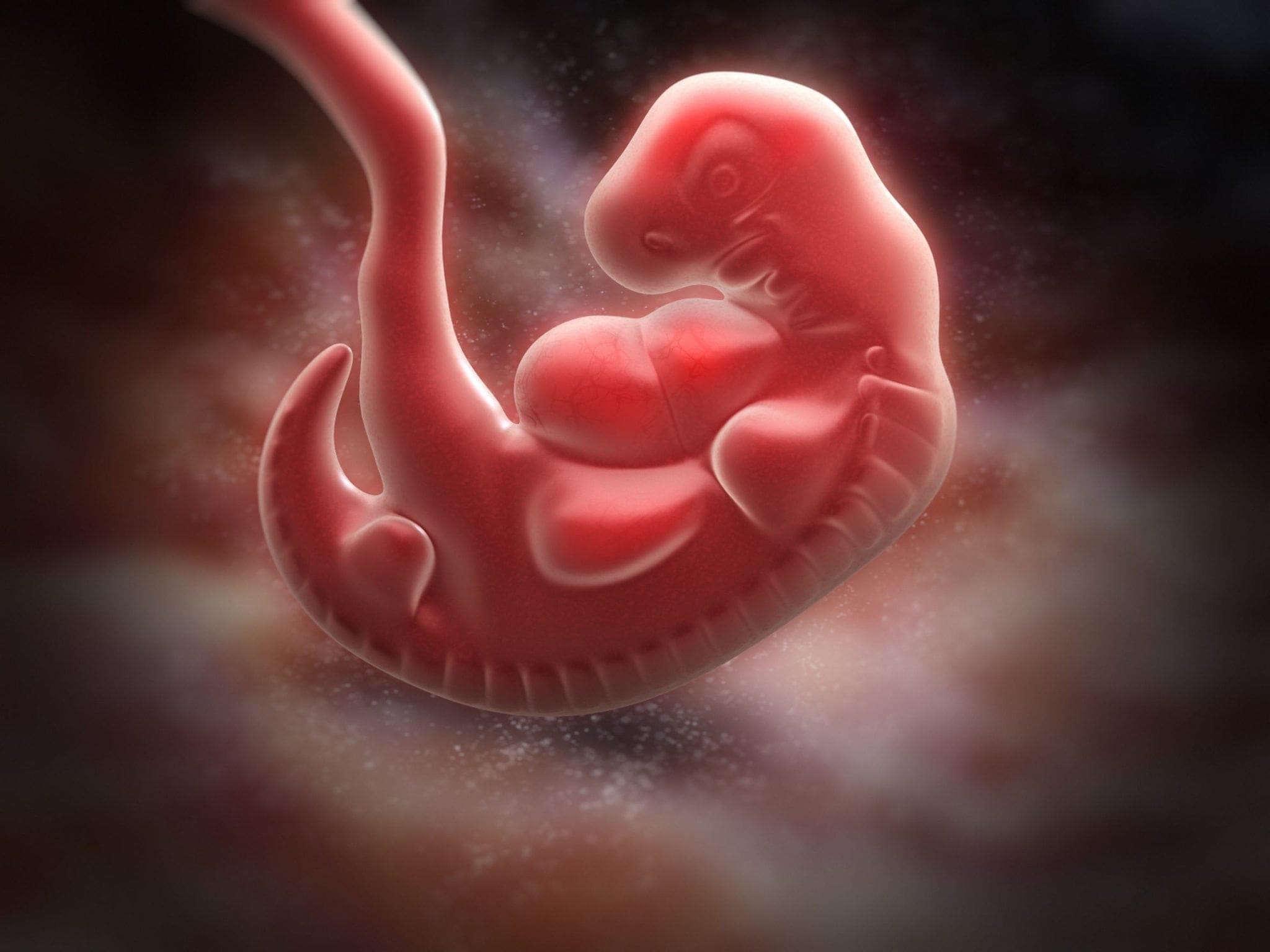 Source: bing.com
Source: bing.comTable of Contents
What Happens During The First Trimester?
Congratulations, you are expecting a baby! The first trimester is a crucial and exciting time in your pregnancy journey. This is the time when the baby develops from a tiny fertilized egg to a little human being with organs, limbs and a heartbeat. In the first trimester, the baby goes through rapid and incredible changes, and it’s essential to take good care of yourself and your baby during this time.
The Development Of The Embryo
In the first few weeks of pregnancy, the fertilized egg will travel down the fallopian tube and implant itself in the uterus. The embryo will then start to divide and grow in a process called cell division. By the end of the first month, the embryo will be about the size of a grain of rice, and the heart will start to beat. The embryo will also start to develop important structures like the placenta and umbilical cord, which will connect the baby to your body for nutrients and oxygen.
Formation Of Organs And Limbs
In the second month, the embryo will start to form major organs like the brain, lungs, and liver. The arms and legs will also begin to grow, and fingers and toes will start to separate. By the end of the second month, the embryo will be about an inch long and will resemble a tiny human being.
Growth And Movement
In the third month, the baby will grow rapidly, and its movements will become more frequent. The baby’s face will start to take shape, and the eyes, nose and ears will become more distinct. The baby’s sex organs will also start to develop, although it may be difficult to determine the baby’s gender yet. By the end of the first trimester, the baby will be about three inches long and weigh less than an ounce.
How To Take Care Of Yourself And Your Baby During The First Trimester
During the first trimester, it’s essential to take care of yourself and your baby. Here are some tips:
- Take a prenatal vitamin with folic acid to help prevent birth defects.
- Eat a healthy and balanced diet to provide your body and baby with essential nutrients.
- Stay hydrated by drinking plenty of water.
- Avoid alcohol, tobacco, and drugs, as they can harm your baby’s development.
- Get enough rest and try to manage stress.
Frequently Asked Questions About Baby Development In The First Trimester
Here are some common questions about baby development in the first trimester:
- When does the first trimester start and end? The first trimester starts on the first day of your last menstrual period and ends at the end of week 12.
- What should I expect during the first trimester? During the first trimester, you may experience symptoms like fatigue, morning sickness, and breast tenderness. Your body will also go through changes like weight gain and increased blood volume.
- When can I feel my baby move? You may start to feel your baby move between weeks 16 and 25. However, this can vary from woman to woman.
- Can I have sex during the first trimester? In most cases, sex is safe during the first trimester. However, it’s important to talk to your doctor if you have concerns or complications.
- When will I have my first ultrasound? Your doctor will typically perform the first ultrasound between weeks 6 and 9 to confirm the pregnancy and check for any potential problems.
In conclusion, the first trimester is an exciting and critical time in your pregnancy journey. Your baby will develop rapidly during this time, and it’s essential to take good care of yourself and your baby. By following these tips, you can help ensure a healthy and happy pregnancy.
Related video of Baby Development In The First Trimester
https://youtube.com/watch?v=8312a32dcQc
